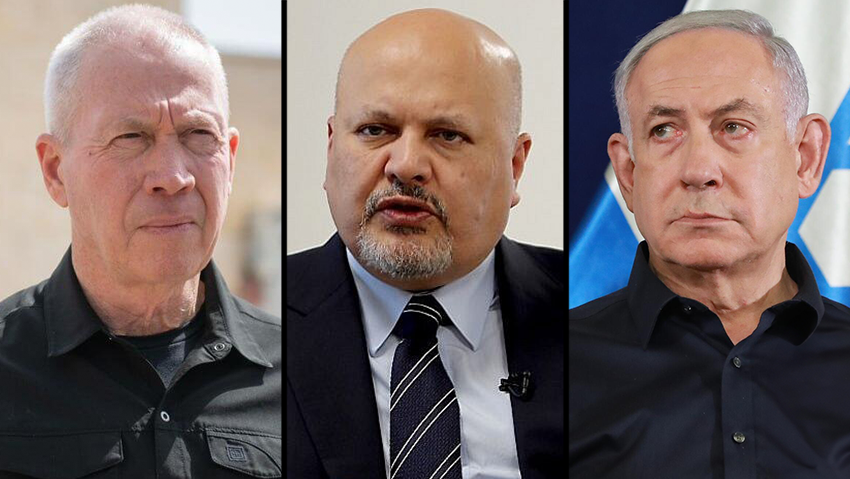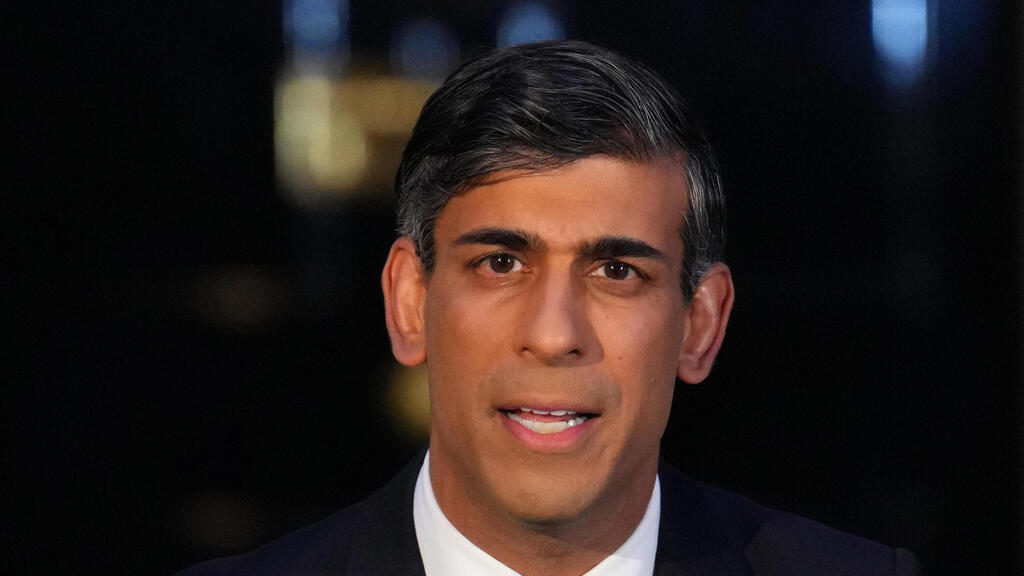The pre-trial chamber set to deliberate on issuing arrest warrants against Prime Minister Benjamin Netanyahu and Defense Minister Yoav Gallant will hold a discussion on the International Criminal Court's (ICC) jurisdiction to prosecute Israeli citizens.
This decision follows a request by the United Kingdom, which holds the status of "friend of the court," to examine the ICC’s jurisdiction on the matter as requested by Chief Prosecutor Karim Khan. Consequently, the decision to issue the arrest warrants has been postponed by several weeks.
The UK submitted its request on June 10, and the court’s pre-trial chamber, consisting of three judges, agreed to address the question of its jurisdiction over Israeli citizens. This indicates that the court is open to considering the argument that it lacks jurisdiction, potentially nullifying the arrest warrants altogether.
ICC regulations state, "At any stage of the proceedings, the pre-trial chamber may grant leave to a State, organization, or person to submit any observation on any issue the chamber deems appropriate." The court has agreed to the UK's request to first determine its jurisdiction concerning the arrest warrants, which are inherently linked to the Oslo Accords.
Israel has consistently argued that international agreements, particularly the Oslo Accords, take precedence over the court's decisions. Under the Oslo Accords, the Palestinian Authority agreed it has no criminal jurisdiction over Israelis. Since the Palestinian Authority requested the ICC to open an investigation, Israel contends this violates the still-valid agreement.
The ICC will allow the UK to submit comments on the matter—up to 10 pages—by July 12. This means the court will not issue arrest warrants against Netanyahu and Gallant until then, granting them additional time. After the written submissions, it will take some time before the court makes a decision regarding its jurisdiction. The ICC’s ruling is not expected immediately, and several more weeks may pass before a decision is reached. Chief Prosecutor Karim Khan may also respond if he wishes. Additionally, other states have been permitted to request to present their views by July 12.
It is believed that the UK’s move was made at Israel's request. London has a special status at the ICC, and its position holds significant weight. Israel, not being a member of the court, could not have made such a move itself. Efforts are now likely underway to enlist other pro-Israel countries to support the UK’s stance.
The argument regarding the Palestinian Authority’s inability to enforce ICC decisions to issue arrest warrants was first raised in 2019 by attorneys Avi Himi and Nick Kaufman, on behalf of the Israel Bar Association, during preliminary discussions at the ICC. However, the judges did not address the argument at that time.
On Tuesday, Netanyahu held a discussion about the possibility that the ICC judges might grant the Chief Prosecutor’s request and issue arrest warrants against him and Gallant. The meeting included Justice Minister Yariv Levin, Strategic Affairs Minister Ron Dermer, and Attorney General Gali Baharav-Miara. Netanyahu assessed that the ICC would likely grant the prosecutor's request and issue the warrants soon—possibly before his scheduled speech to Congress on July 24.





